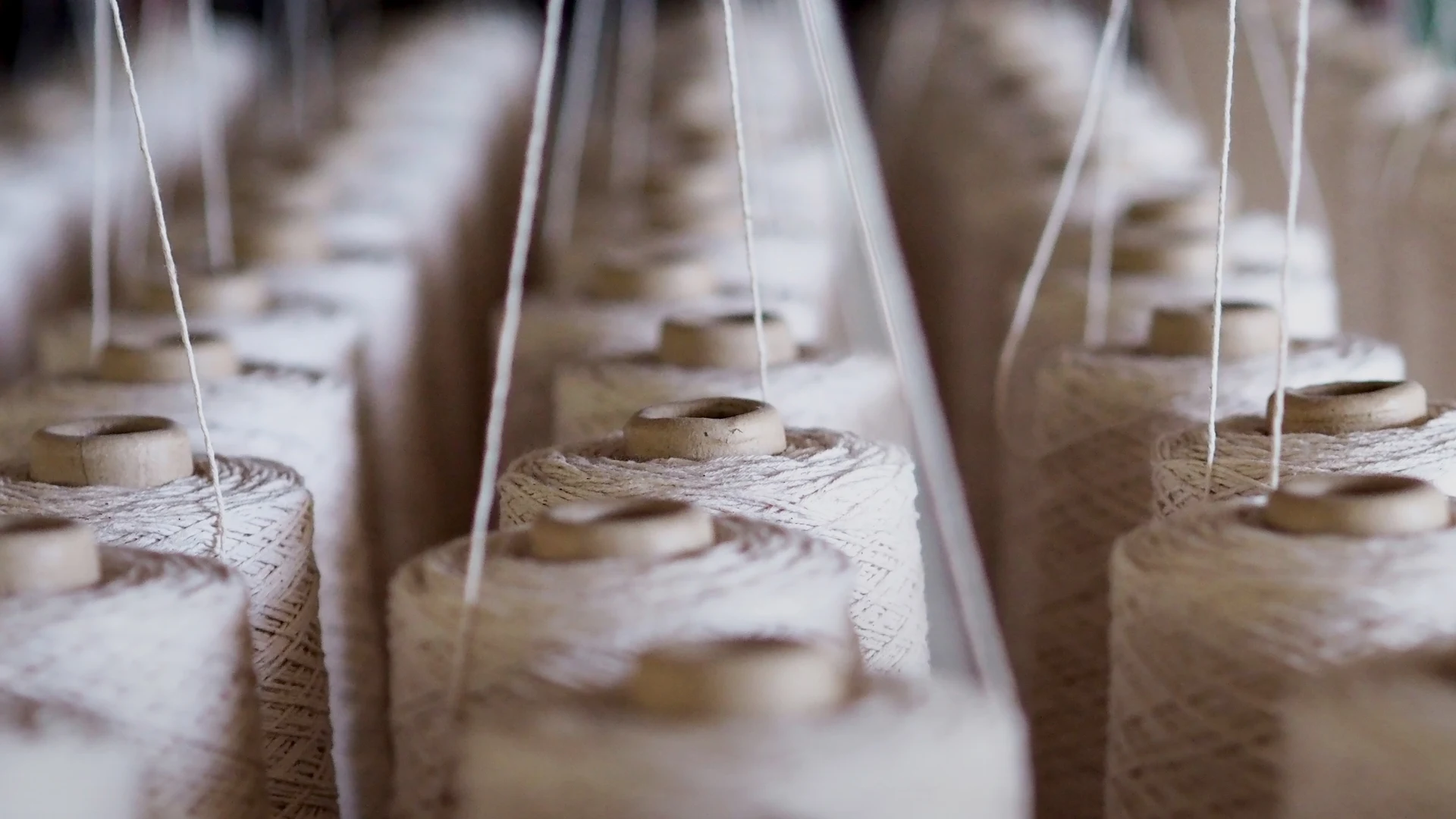
RESPONSIBLE REIMA
Our suppliers
We believe in transparency, and that you have the right to know where your Reima products are made. That’s why our supplier lists are public, and we update them regularly.
Our Tier 1 supplier list includes the factories that make our finished products.
See Tier 1 suppliers (pdf) Tier 1 suppliers (excel sheet)
In apparel, we also nominate our material and trimmings suppliers, to ensure we get the world class quality of materials we need. Our Tier 2 supplier list includes the factories that make the materials used in our clothes and accessories.
See Tier 2 suppliers (pdf) Tier 2 suppliers (excel sheet)
We are working to improve the traceability of materials even beyond tier 2 or the fabric level. Material certificates, such as Global Recycled Standard (GRS) and Global Organic Textile Standard (GOTS), help us track and verify the origins of raw materials, and ensure that the materials are processed environmentally and socially responsibly.
Improving wages at suppliers
Ensuring fair remuneration across the whole supply chain is not an easy process and requires input from several parties across the chain. We assess and improve our purchasing practices to support timely and fair remuneration to employees at our suppliers.
In 2023, we set an ambitious target to increase the share of factories paying living wages to 70% of our major suppliers. At the start of 2024, amfori BSCI clarified their criteria of fair remuneration against Global Living Wage Coalition’s estimates. On 2024, 13% of Reima’s major suppliers have achieved a living wage target according to the new amfori BSCI criteria. All suppliers pay their employees at least the legal minimum salary in each country.
In addition, we have made internal reviews of the paid salaries at our direct (Tier 1) suppliers and compared the salaries against the Anker methodology used for estimating a living wage. This is the basic salary, excluding overtime pay and bonus, enabling a decent lifestyle for a worker and his/her family including the cost of e.g. food, housing, healthcare and education. In 2024 in 3% of our direct suppliers outside of Europe even the lowest basic salary exceeds the living wage according to Anker methodology. Taking into account our European suppliers, the share would be 6% of all direct suppliers. The breakdown per country is the following:
Breakdown per country:
Bangladesh, Cambodia, Sri Lanka, Vietnam: 0%
China: 5%
Italy: 100% (the supplier has the SA8000 certificate which requires that certified organizations pay their workers a living wage according to Anker)